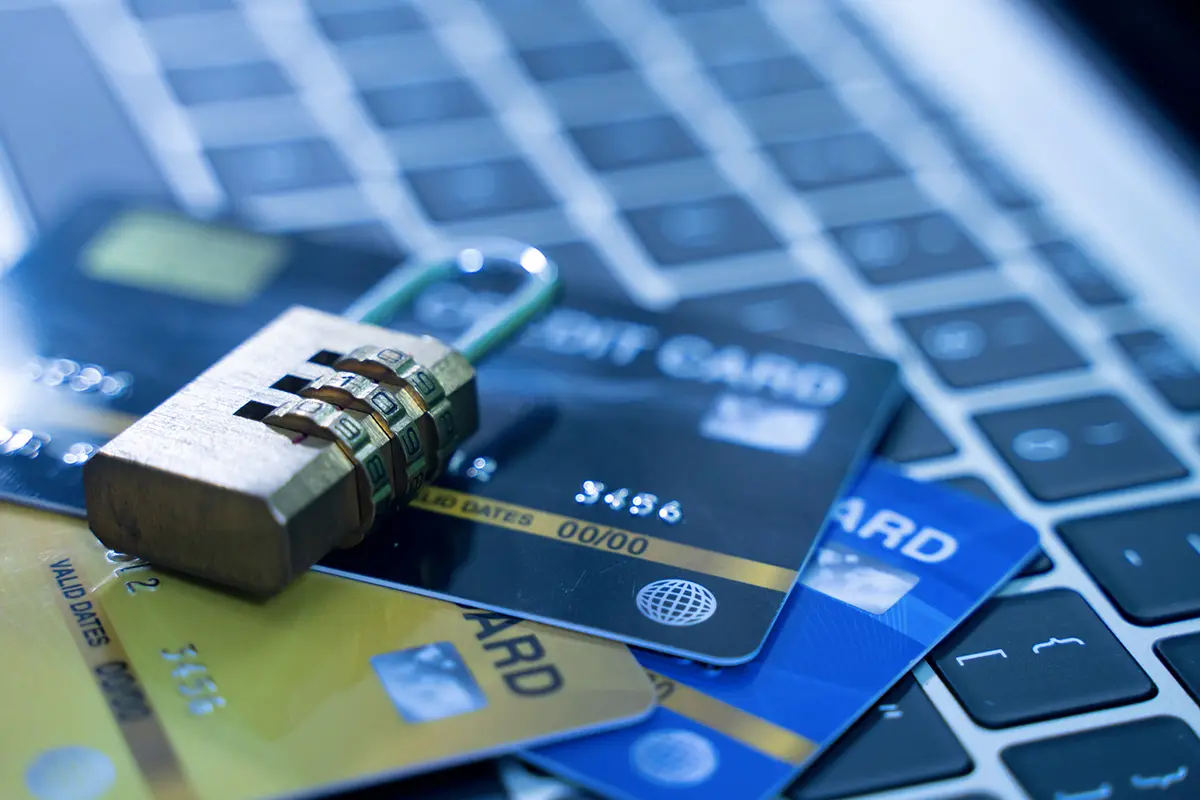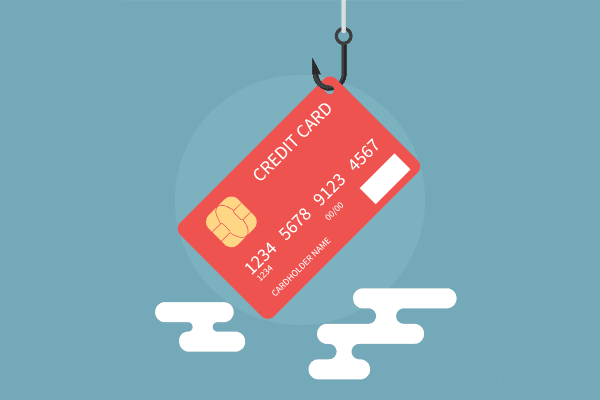
Credit card fraud is a significant and growing problem worldwide, impacting millions of people and causing billions of dollars in losses each year.
It encompasses various deceptive practices where criminals gain unauthorized access to a person’s credit card information to make fraudulent purchases or withdraw money.
The prevalence of card fraud is alarmingly high both globally and in the United States.
Showing the Ropes

Credit card fraud can manifest in different ways. New account fraud involves the creation of a new account using stolen or fabricated personal information, often leaving the victim unaware until significant damage has been done.
Existing account fraud occurs when a criminal gains access to an existing account to make unauthorized transactions.
There are several methods through which card fraud occurs. Card theft is a straightforward method where the physical card is stolen.
Skimming involves copying the information from the magnetic stripe, often using a device placed on ATMs or point-of-sale terminals. Cloning is similar but involves duplicating the card entirely.
Card-not-present (CNP) transactions happen when the card is not physically present, typically in online or over-the-phone transactions, making them easier for fraudsters to exploit. Data breaches at companies holding vast amounts of customer information can also lead to widespread fraud.
Phishing, smishing, and vishing are tactics where fraudsters use emails, text messages, or phone calls to deceive individuals into revealing their credit card information.
For more info on this subject, check this.
Are You a Victim?
Recognizing the signs of credit card fraud is crucial in mitigating its impact. Unauthorized charges on credit card statements are a clear indicator of fraud. Unexpected credit card bills for purchases you did not make should also raise immediate concern.
Calls from debt collectors about unfamiliar debts suggest that your information might have been compromised. Alerts from monitoring services can help identify unusual activities on your credit report, indicating potential fraud.
To identify credit card fraud, it is essential to regularly check your credit card statements for any unfamiliar transactions. Monitoring your reports from the major bureaus can help you spot new accounts or inquiries that you did not initiate. Paying attention to communications from debt collectors can also alert you to potential fraudulent activities.
Immediate Actions to Take if You’re a Victim

If you suspect or confirm that you are a victim of credit card fraud, prompt action is vital. The first step is to notify your credit card issuer. Contact the fraud department immediately to report the unauthorized transactions and request a new card.
You can request a chargeback for the fraudulent transactions to recover the lost funds.
Locking and monitoring your accounts is another crucial step. Many card issuers offer card lock features that allow you to temporarily disable your card, preventing any further unauthorized use. Setting up monitoring alerts can help you stay informed about any new activity on your accounts.
Contacting the bureaus is essential to protect your profile. Place a fraud alert or security freeze on your credit reports to prevent new accounts from being opened in your name. You can also request the removal of any fraudulent accounts and inquiries from your credit reports.
Involving Authorities

Filing reports with the appropriate authorities is an important step in addressing credit card fraud. Report the fraud to the Federal Trade Commission (FTC) and your local police department.
These reports provide legal protection and create an official record of the fraud, which can be crucial in resolving the issue and preventing further damage. Reporting the fraud also aids in the investigation process, helping authorities track down the perpetrators and potentially recover lost funds.













